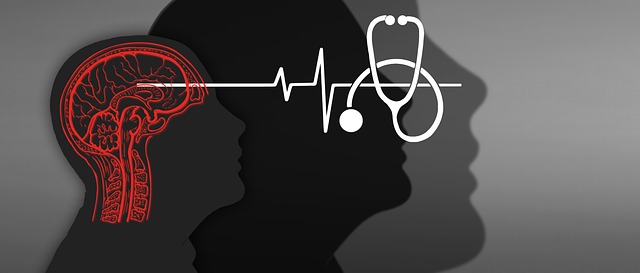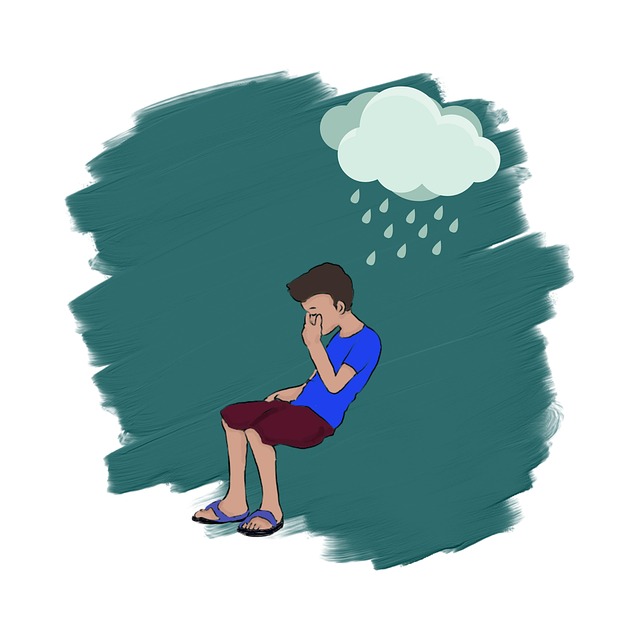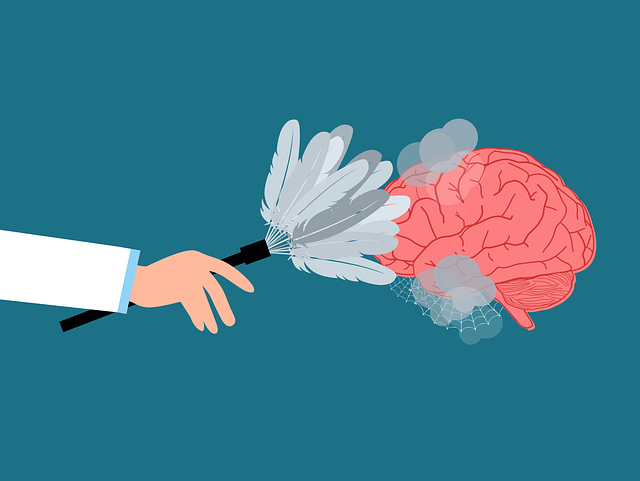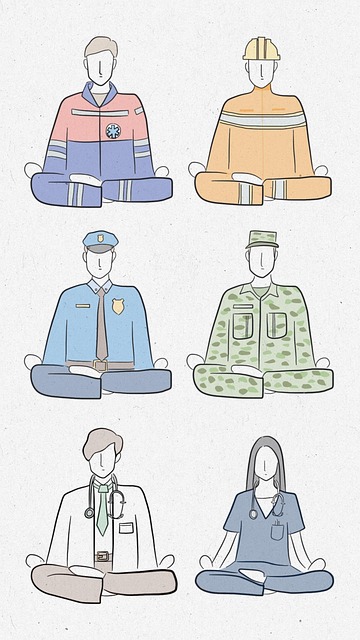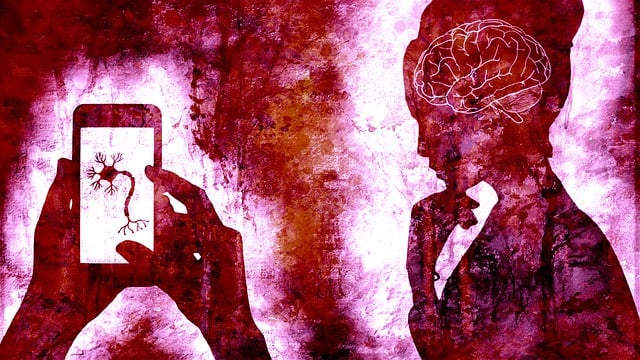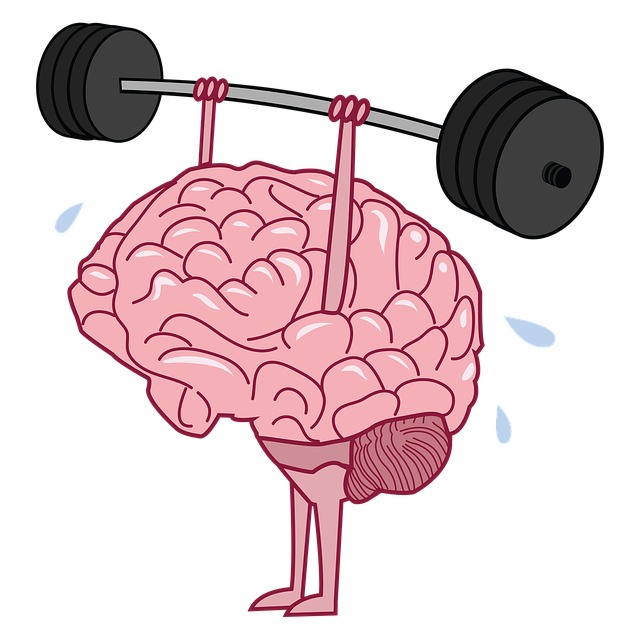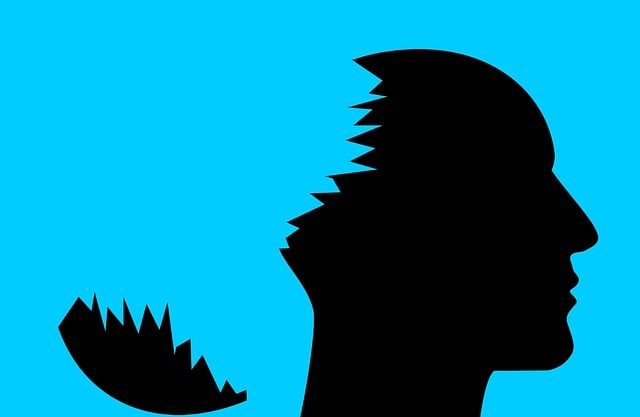Recognizing and addressing depression in young children is crucial through tailored therapeutic approaches considering gender identity. Signs like persistent irritability, social withdrawal, concentration issues, and changes in sleep or appetite indicate emotional distress. Cognitive Behavioral Therapy (CBT) teaches coping strategies, while mindfulness meditation enhances resilience. For girls, internalizing feelings may lead to self-blame, requiring positive thinking and resilience-building. Inclusive therapy sessions affirming gender identities foster safety and belonging. Early intervention through specialized therapy, Play Therapy, Interpersonal Psychotherapy, and community outreach programs prevent and treat depression, promoting healthy self-perception and supportive networks for at-risk youth, especially those navigating gender identity challenges.
Depression among children is a growing concern, yet preventable with the right strategies. This article explores vital aspects of identifying and addressing childhood depression, focusing on early signs in young children and tailored approaches based on gender identity. We delve into effective therapy options, emphasizing the importance of personalized care for optimal mental health outcomes. By understanding these strategies, parents, caregivers, and professionals can foster a supportive environment to prevent and manage depression effectively.
- Recognizing Depression in Young Children: Early Signs and Symptoms
- Gender-Specific Approaches to Depression Prevention in Kids
- Effective Therapy Options for Addressing Childhood Depression
Recognizing Depression in Young Children: Early Signs and Symptoms

Recognizing depression in young children is a critical step towards effective prevention and timely intervention. While adults may display more overt signs of sadness or despair, children often express their emotional distress through subtle changes in behavior. Early signs can include persistent irritability, withdrawal from social activities, difficulties concentrating, and significant changes in appetite or sleep patterns. Children might also exhibit an increased sense of worthlessness or blame, leading to a reluctance to engage in tasks they once enjoyed.
The role of therapy for young children with potential depression cannot be understated. Cognitive Behavioral Therapy (CBT), for instance, has proven effective in teaching kids coping strategies and challenging negative thought patterns. Moreover, considering the impact of gender identity on mental health, therapists can create safe spaces to explore these issues, fostering a sense of acceptance and self-worth. Mental wellness coaching programs that incorporate mindfulness meditation have also shown promise in enhancing resilience and promoting emotional well-being in young minds.
Gender-Specific Approaches to Depression Prevention in Kids

Addressing depression in children requires tailored strategies that consider their unique needs and experiences, including gender-specific approaches. Research highlights distinct patterns in how girls and boys express emotional distress, which can influence the development of preventive interventions. For instance, while both genders may exhibit symptoms of anxiety and low mood, girls tend to internalize their feelings more, leading to increased risk for depression. This internalization often manifests as self-blame or a sense of worthlessness, requiring therapists to employ strategies that encourage positive thinking and build resilience.
Gender identity is another crucial factor in prevention efforts. Young children exploring their gender may face unique challenges that contribute to emotional distress and, subsequently, depression. Inclusive therapy sessions that acknowledge and affirm their identities can foster a sense of safety and belonging, mitigating risks associated with social isolation or internalized negative stereotypes. By integrating self-care practices tailored to individual needs—whether through creative outlets, mindfulness techniques, or supportive peer groups—depression prevention can be more effective and empowering for children navigating complex emotions and identities.
Effective Therapy Options for Addressing Childhood Depression

Early intervention is key when it comes to preventing and treating depression in young individuals. For children experiencing depression, several effective therapy options have proven beneficial. Cognitive Behavioral Therapy (CBT) is a widely recognized approach that helps identify and change negative thought patterns and behaviors contributing to depressive symptoms. This form of therapy encourages positive thinking and coping strategies tailored to the child’s needs.
When addressing childhood depression, it’s also crucial to consider specialized treatments like Play Therapy or Interpersonal Psychotherapy, which can be adapted to a child’s age and developmental stage. Furthermore, therapy for young children with depression should account for their unique experiences, including any challenges related to gender identity. Empathy building strategies within the therapeutic process foster a safe space for expression and promote healthy self-perception. Community outreach program implementation can also play a vital role in supporting at-risk youth by providing additional resources and fostering connections within supportive networks.
Identifying and addressing depression in young children early on is key to fostering resilience. By recognizing subtle signs and symptoms, parents and caregivers can navigate the complex landscape of a child’s mental health. Customized gender-specific approaches, coupled with evidence-based therapy options, offer a comprehensive strategy to prevent and treat childhood depression. Incorporating these strategies not only empowers kids but also strengthens their ability to navigate life’s challenges, ensuring they grow into emotionally robust adults. This holistic approach to mental well-being is essential in providing the necessary support for young minds.
